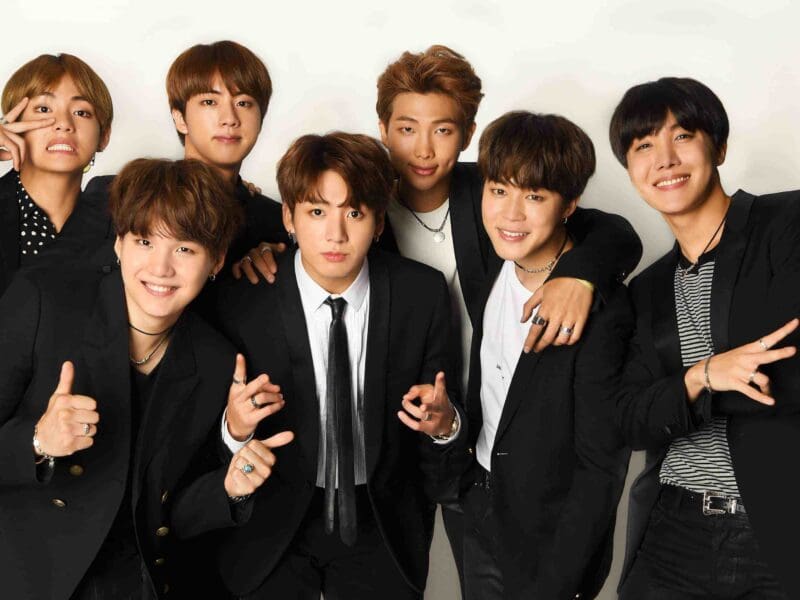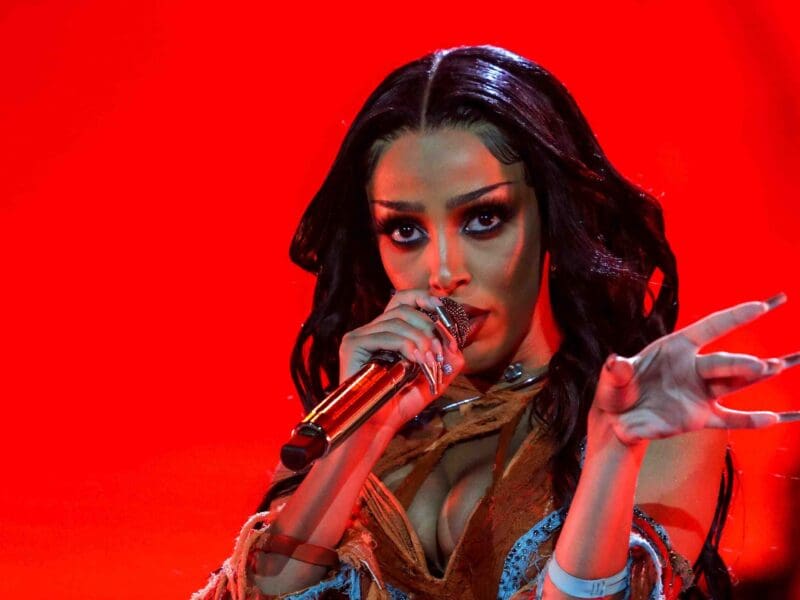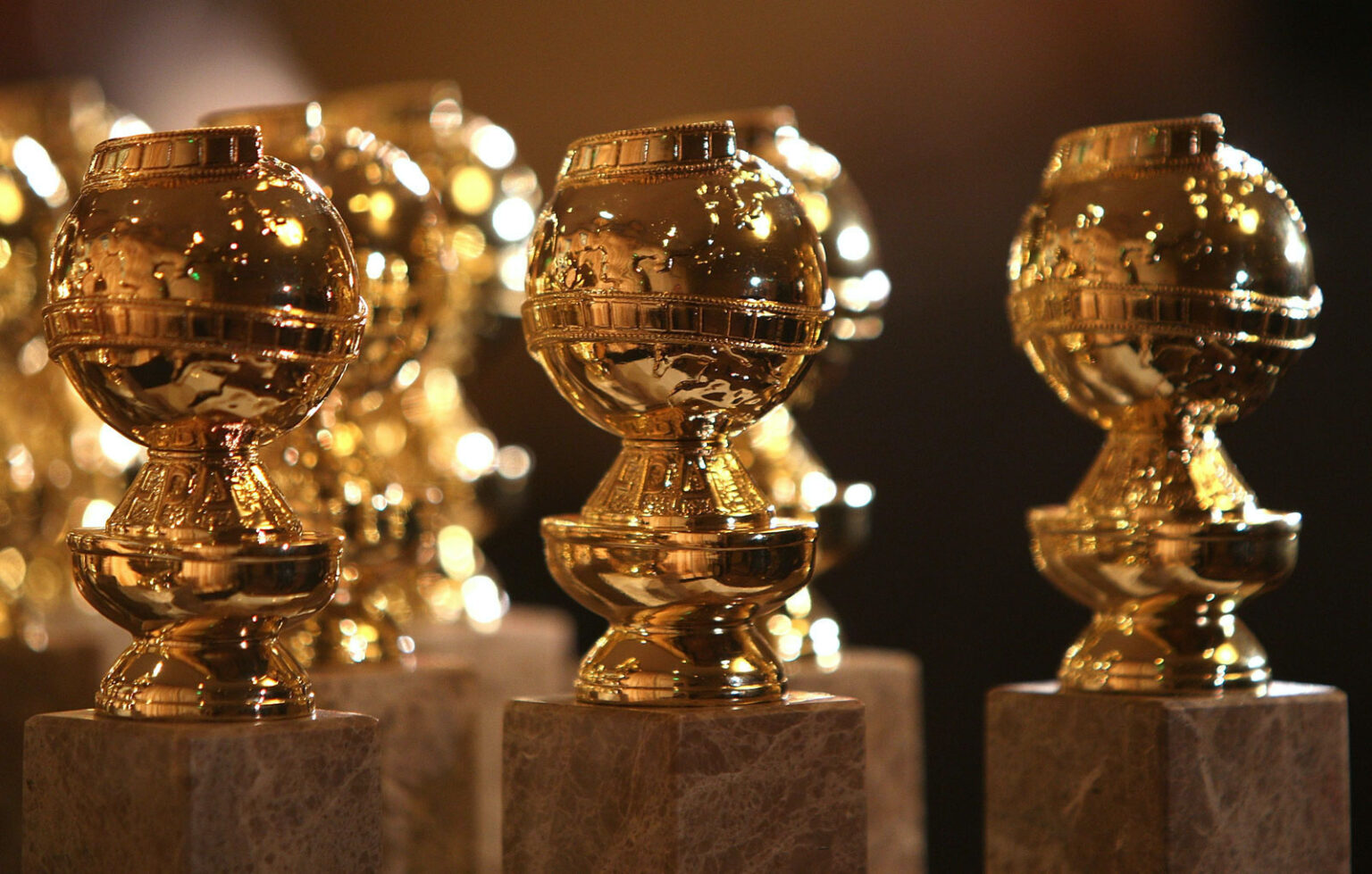
Are the Golden Globe Awards finally dead? Why the HFPA is in hot water
Just days before the 78th Golden Globe Awards, the organization is subject to a scathing new controversy. According to the Los Angeles Times, the HFPA – or the Hollywood Foreign Press Association – has zero black journalists. Here’s what that might mean for the ceremony.
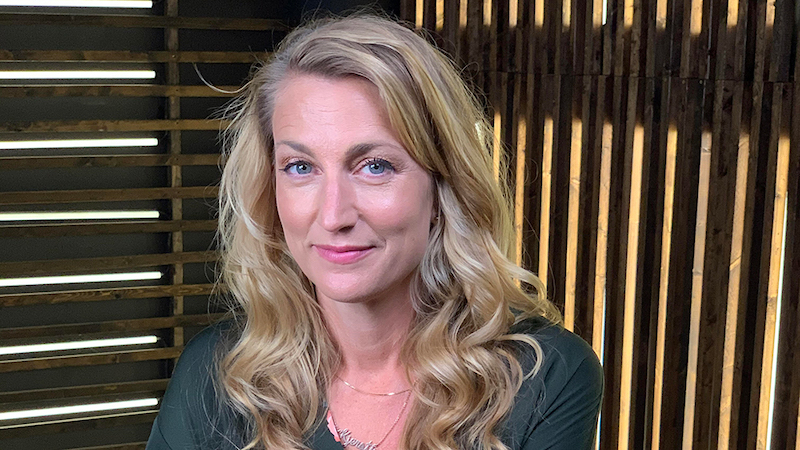
Findings
After the Los Angeles Times discovered the HFPA, the organization determining the results of the Golden Globe Awards, has no black members, the ethics of the organization are being called into question. The Times revealed that the HFPA allows its members to accept generous gifts from studios & networks they will later vote on.
Take, for example, a luxurious trip to France from the makers of Emily in Paris, which might explain why the show received a Golden Globe Award.Not only that, but the HFPA pays members to join various committees – which is problematic, as the organization advertises itself as a non-profit.
A Norweigen journalist, Kjersti Flaa, filed an antitrust lawsuit last year which alleged that the HFPA stripped her of potential income by prohibiting her from becoming a member, despite her qualifications. Flaa’s lawsuit was essentially thrown out, but its contents caused many people to take an interest in potential corruption in the HFPA.
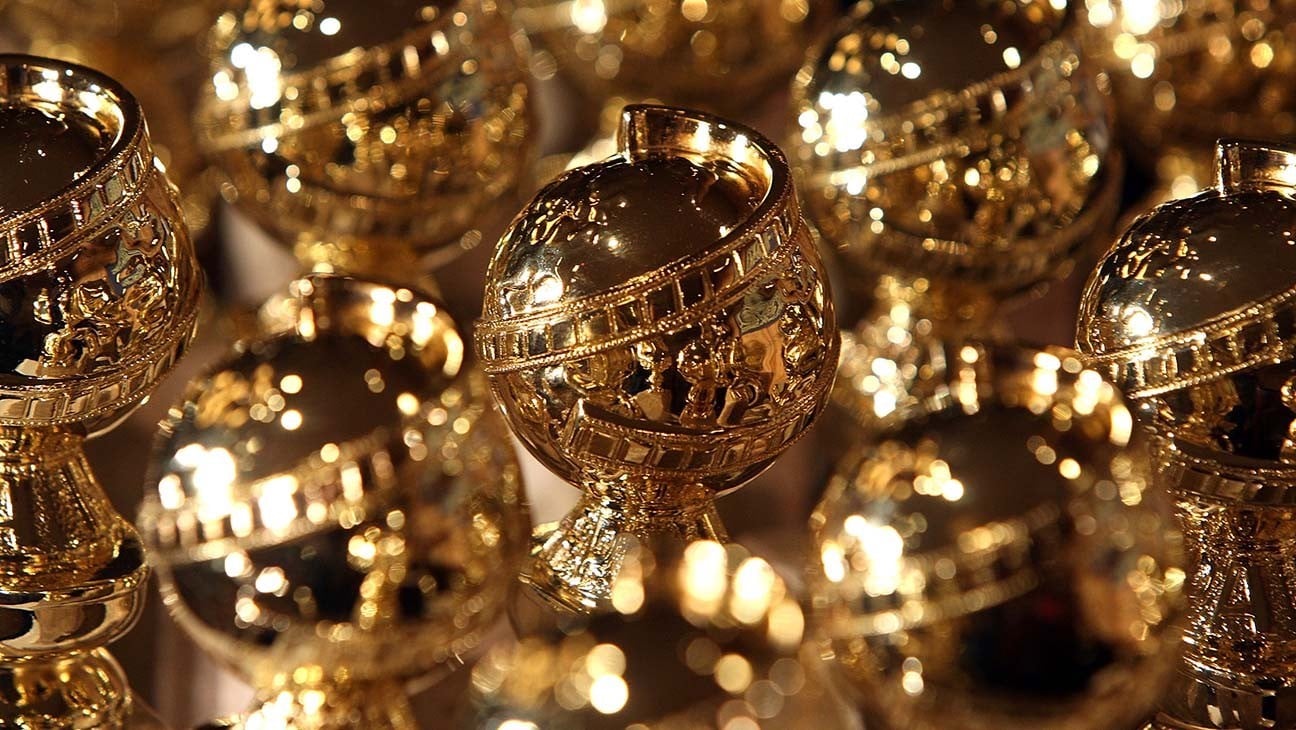
Is the HFPA barring foreign journalists?
The Los Angeles Times reached out to current members of the HFPA to get their thoughts on the accusations. One member anonymously told the Times: “We admit people that are not real journalists because they are not a threat to anyone.”
An HFPA fired back at the accusations, stating that Flaa’s claims are “entirely false”, but the organization is still “committed to addressing” its lack of diversity.

Lack of inclusion
Over the past couple years, the Golden Globe Awards have been under scrutiny for their lack of diversity, and this year is no different. The Golden Globe Awards 2020 nominations lack black actors, such as Spike Lee’s Da 5 Bloods, Shaka King’s Judas and the Black Messiah, George C. Wolfe’s Ma Rainey’s Black Bottom, Lee Daniels’s The United States vs. Billie Holiday, and Michaela Coel’s I May Destroy You.
Some people were also frustrated that films & shows widely panned by Golden Globe critics were nominated instead of amplifying black voices, such as Sia’s Music, which was criticized for its offensive portrayal of someone with autism, and Darren Star’s Emily in Paris.

The latter’s nomination has a plausible explanation: according to the Times, Paramount flew over thirty members of the HFPA to France prior to voting on the nominations to visit the set of Emily in Paris.
In France, they were offered a “two-night stay at the five-star Peninsula Paris hotel, where rooms currently start at about $1,400 a night, and a news conference and lunch at the Musée des Arts Forains, a private museum filled with amusement rides dating to 1850 where the show was shooting,” according to the Times.

Rsponse from the HFPA
The HFPA responded to these allegations, telling the Times that: “we do not control the individual votes of our members. . . . We seek to build cultural understanding through film and TV and recognize how the power of creative storytelling can educate people around the world to issues of race, representation and orientation.”
They also justified paying their members, despite claiming to be a non-profit organization. “We are mindful of the unprecedented economic challenges facing our employees due to the effects of the pandemic,” a HFPA spokesperson told the Times. They continued: “The HFPA . . . will continue to compensate them for the range of services they provide to the organization.”
According to tax experts who were contacted by the Times, this kind of payment is not typical for an organization that is exempt from taxes. Indeed – TV & film academies typically do not pay their members.





